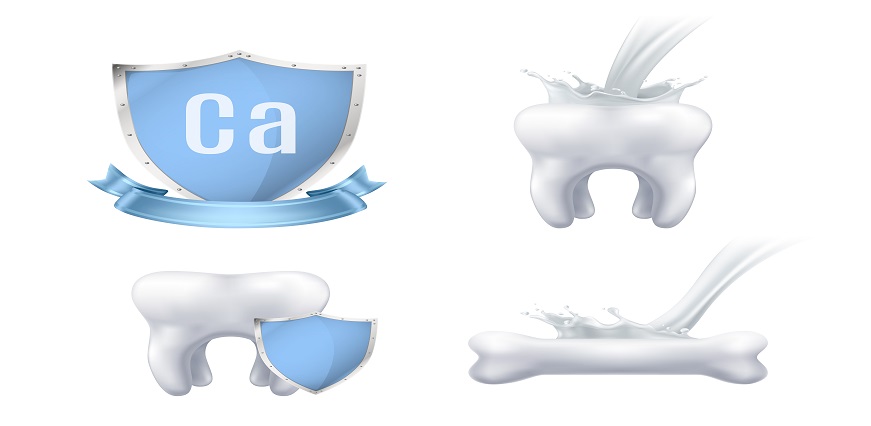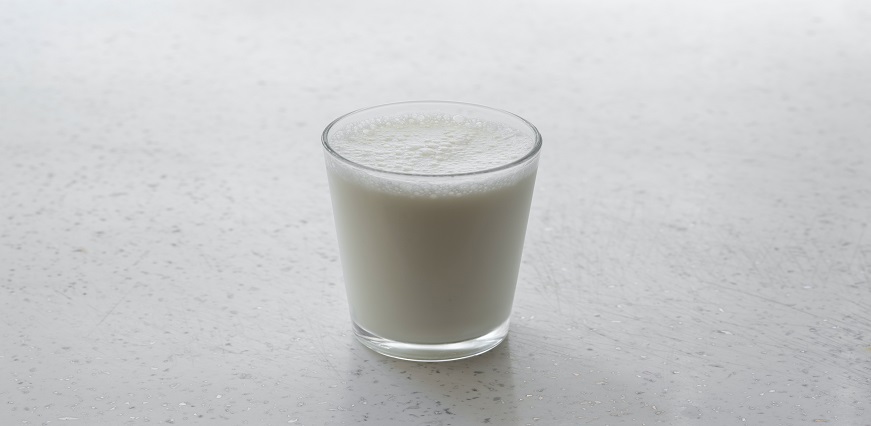

Home > Lab Tests in Roorkee > Inorganic Phosphorus, Serum Test
₹ 150
10% OFF for Senior Citizens | USE CODE SS10 *
|
|
Inorganic Phosphorus, Serum Test |
|
|
Blood |
|
|
|
|
₹ 150 |
@3x.png) Description
Description
The inorganic phosphorus serum test in Roorkee measures the amount of phosphorus or phosphate in the blood. This test in Roorkee is often performed in conjunction with other test in Roorkees. This test in Roorkee is used as a diagnostic tool for individuals with health conditions such as chronic kidney diseases, parathyroid, diabetes, bone disorders, and suspected calcium or acid-base imbalance.
The inorganic phosphorus (Pi) blood serum test in Roorkee, also known as the PO4 test in Roorkee or phosphorus/phosphate test in Roorkee, is an essential marker that helps measure phosphate levels in the blood.
Phosphorus is a mineral that gives structure to our body. It transports energy, supports tissues and cell growth, and creates metabolic pathways. Phosphorus is vital for cellular function and skeletal mineralisation. It also helps balance other vitamins and minerals in the body.
The phosphorus we get in our body comes from our food. It is present in dairy, meat, grains, and a protein-rich diet. While naturally occurring phosphorus or organic phosphorus is found in animal and plant-based foods, inorganic phosphorus is absorbed through preservatives and a processed diet.
Most of the body's phosphorus binds with calcium in bones as hydroxyapatite. Smaller quantities are found in muscle and nerve tissues, and an even smaller amount circulates in the blood as inorganic phosphate (also termed inorganic phosphorus). These minerals are absorbed in the intestine and excreted through the kidneys. Fluctuations in phosphate levels depend on factors like antacids, calcium, Vitamin D, and parathyroid hormone levels in the body.
A serum phosphate/ phosphorus test in Roorkee is done to measure the concentration of phosphate/phosphorus in the bloodstream. It helps diagnose conditions, such as kidney disease, bone disorders, or certain metabolic imbalances.
....Read More@3x.png) Description
Description
The inorganic phosphorus serum test in Roorkee measures the amount of phosphorus or phosphate in the blood. This test in Roorkee is often performed in conjunction with other test in Roorkees. This test in Roorkee is used as a diagnostic tool for individuals with health conditions such as chronic kidney diseases, parathyroid, diabetes, bone disorders, and suspected calcium or acid-base imbalance.
The inorganic phosphorus (Pi) blood serum test in Roorkee, also known as the PO4 test in Roorkee or phosphorus/phosphate test in Roorkee, is an essential marker that helps measure phosphate levels in the blood.
Phosphorus is a mineral that gives structure to our body. It transports energy, supports tissues and cell growth, and creates metabolic pathways. Phosphorus is vital for cellular function and skeletal mineralisation. It also helps balance other vitamins and minerals in the body.
The phosphorus we get in our body comes from our food. It is present in dairy, meat, grains, and a protein-rich diet. While naturally occurring phosphorus or organic phosphorus is found in animal and plant-based foods, inorganic phosphorus is absorbed through preservatives and a processed diet.
Most of the body's phosphorus binds with calcium in bones as hydroxyapatite. Smaller quantities are found in muscle and nerve tissues, and an even smaller amount circulates in the blood as inorganic phosphate (also termed inorganic phosphorus). These minerals are absorbed in the intestine and excreted through the kidneys. Fluctuations in phosphate levels depend on factors like antacids, calcium, Vitamin D, and parathyroid hormone levels in the body.
A serum phosphate/ phosphorus test in Roorkee is done to measure the concentration of phosphate/phosphorus in the bloodstream. It helps diagnose conditions, such as kidney disease, bone disorders, or certain metabolic imbalances.
....Read MoreThe Phosphorus Test Normal Range is:
| Phosphorus Blood Test Normal Range | Sample | Male | Normal Range | Female | Normal Range |
| Serum/Plasma | 1 year - 12 years | 4.0 - 7.0 mg/dL | 1 year - 12 years | 4.0 - 7.0 mg/dL | |
| Adult (>12 Years) | 2.5-4.5 mg/dL | Adult (>12 Years) | 2.5-4.5 mg/dL | ||
| Phosphorus Urine 24 Hrs Test Normal Range | Sample | Male | Female | ||
| Urine | 400-1300 mg/24 Hrs. | 400-1300 mg/24 Hrs. | |||
| Inorganic phosphorus spot urine Test Normal Range |
Sample | Male | Female | ||
| Urine Random | 5- 189 mg/dL | 7- 148 mg/dL |
Test Recommended for
Recommended for age
Covid Safety

Bones are rigid organs that play many roles in the human body. They store cal...Read More

What is Rheumatoid Arthritis? Rheumatoid arthrit...Read More

Vitamin B12, also known as cobalamin or cyanocobalamin, is a water-soluble vi...Read More

Vitamin D is known as the "sunshine vitamin" because the body produ...Read More

Bones are strong, active tissues which consist of living tissues that constan...Read More

There are many factors that contribute to healthy bones, but one of the most ...Read More

It's a good idea to have an understanding of foods rich in calcium to get...Read More

Are you tired of dealing with nagging back pain that just won't go away? ...Read More

Bones are an essential part of our body, providing the necessary structure an...Read More

Arthritis does not refer to a single disease. It is in fact, a term coined fo...Read More

The human body needs certain vitamins and minerals in order to function prope...Read More